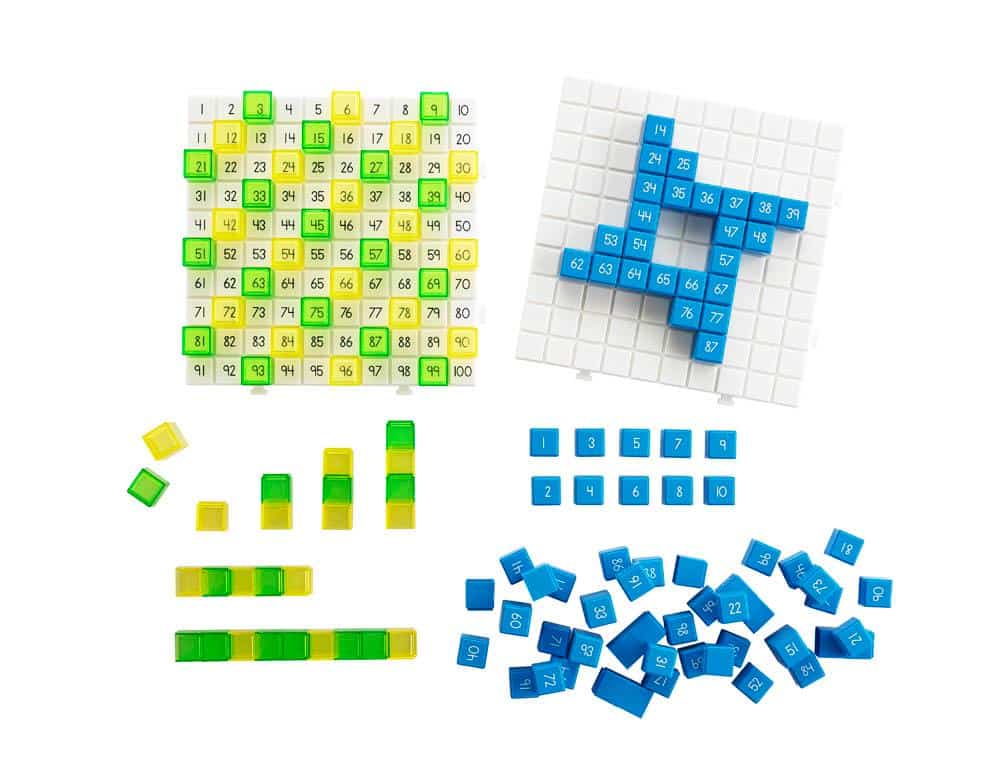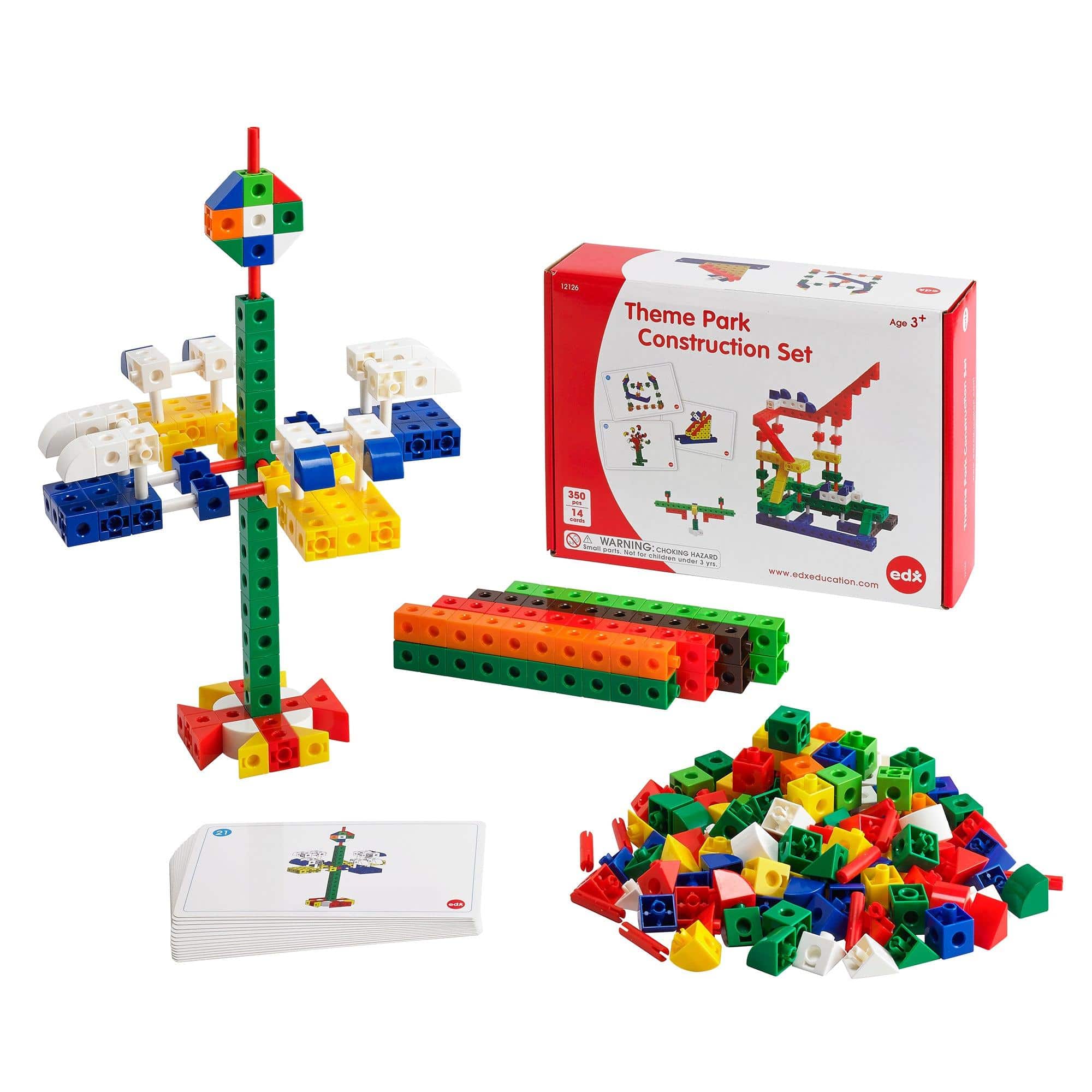The Psychology Behind Kids’ Attachment to Toy Vehicles
Introduction
When it comes to kids and their toys, there’s often a deep emotional attachment that forms, especially when it comes to toy vehicles. Whether it’s toy cars, trucks, trains, or planes, young children seem to be naturally drawn towards these mini replicas of real-life transportation. It’s fascinating to explore the psychology behind this attachment and understand the various factors that contribute to it.
The Appeal of Toy Vehicles
To understand why kids become so attached to toy vehicles, we need to delve into the reasons behind their appeal. Here are some key factors:
- Imitative Play: Toy vehicles allow children to imitate what they see in the real world. They can pretend to be a racecar driver, a construction worker, or even a pilot. This aspect of imitative play helps them explore different roles and develop their creativity.
- Mobility: Toy vehicles provide a sense of mobility and freedom. Children can push, pull, or control them, enabling them to feel a sense of power and independence as they navigate their miniature world.
- Exploration: Toy vehicles encourage exploration as children create imaginary scenarios and embark on adventures. They can build roads, set up obstacle courses, or create entire cities, stimulating their cognitive and problem-solving skills.
- Sensory Stimulation: The tactile experience of playing with toy vehicles, feeling their texture, and hearing the subtle sounds they make, adds to the overall sensory stimulation that captivates young minds.
- Familiarity: Kids are often exposed to real vehicles from an early age, whether through family outings or media consumption. Toy vehicles provide a way for them to connect with something familiar and develop a sense of comfort and security.
The Role of Gender Stereotypes
It is important to note that societal gender stereotypes can also influence a child’s attachment to toy vehicles. Traditionally, toy vehicles have been marketed more towards boys, perpetuating the idea that they are more suitable for male play. However, it is crucial to challenge these stereotypes and allow children of all genders to explore and enjoy a wide range of toys.
The Developmental Benefits of Toy Vehicles
Aside from the emotional attachment, toy vehicles offer various developmental benefits for children. These include:
- Fine Motor Skills: Manipulating toy vehicles, such as turning wheels or pressing buttons, helps children develop their fine motor skills and hand-eye coordination.
- Spatial Awareness: Playing with toy vehicles helps children understand spatial concepts like distance, speed, and direction. They learn how objects interact in relation to one another.
- Language and Vocabulary: Engaging in imaginative play with toy vehicles encourages the use of descriptive language, storytelling, and the introduction of new vocabulary related to transportation.
- Social Skills: Toy vehicles can also facilitate social interactions when children engage in cooperative play. They learn to share, negotiate, and take turns, enhancing their social skills and emotional intelligence.
Popular Features of Toy Vehicles
Toy vehicles come in a wide range of designs and features. Here are some popular ones that captivate kids:
- Realistic Design: Toy vehicles that closely resemble their real-life counterparts tend to be favored by children. Realistic details such as moving parts, authentic colors, and recognizable logos make the toys more appealing.
- Interactive Features: Some toy vehicles offer interactive features like flashing lights, sirens, or engine sounds. These add an extra layer of excitement and engagement for young kids.
- Customization Options: Many toy vehicles come with interchangeable parts or the ability to add accessories. This allows children to personalize their toys and engage in imaginative play by creating unique scenarios.
- Durability: Sturdy and long-lasting toy vehicles withstand the energetic play of young children. Toys made of high-quality materials can endure rough handling, ensuring an extended lifespan of enjoyment.
Conclusion
The attachment that kids form with toy vehicles goes beyond mere play. These miniature vehicles become a gateway to imagination, exploration, and development. Understanding the psychology behind this attachment allows us to appreciate the significance of toy vehicles in a child’s world. So, the next time you see a child immersed in play with their toy car or truck, remember the valuable role it plays in their cognitive, social, and emotional growth.


